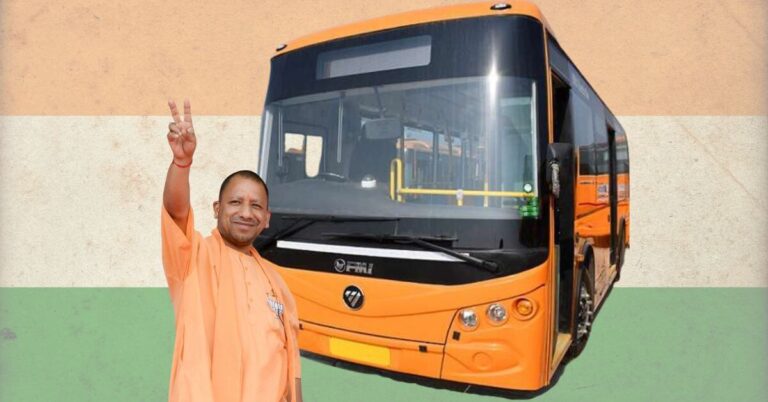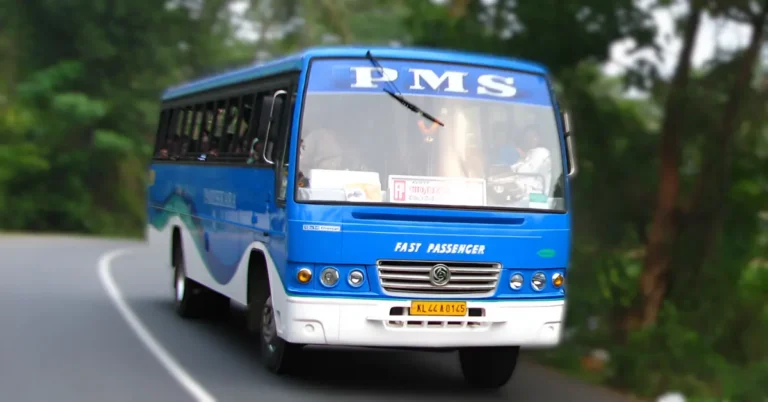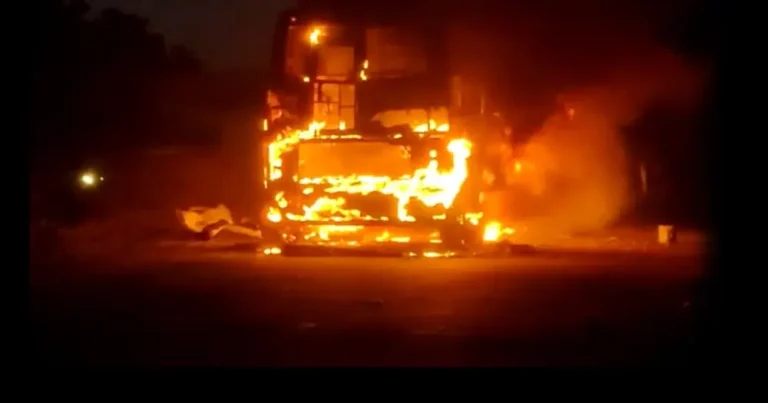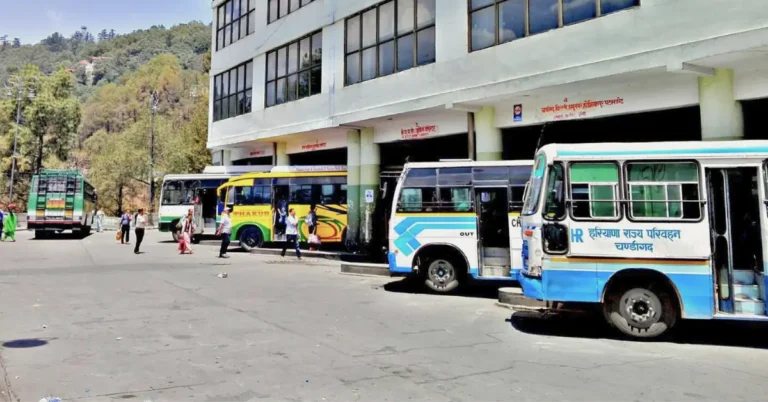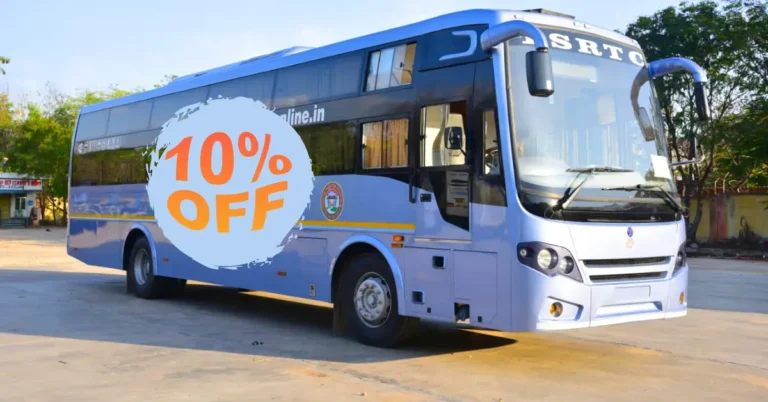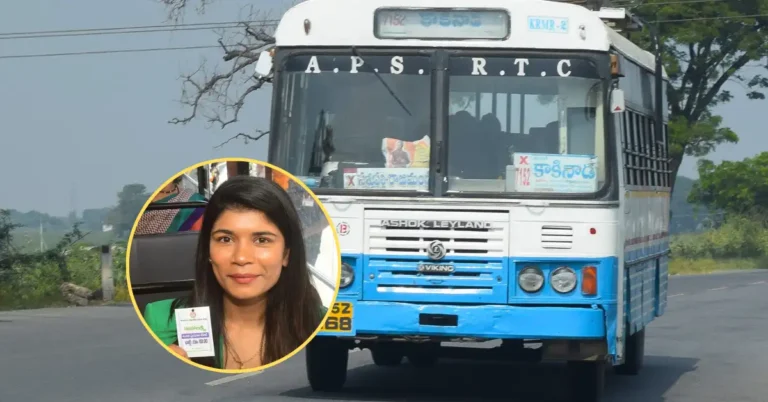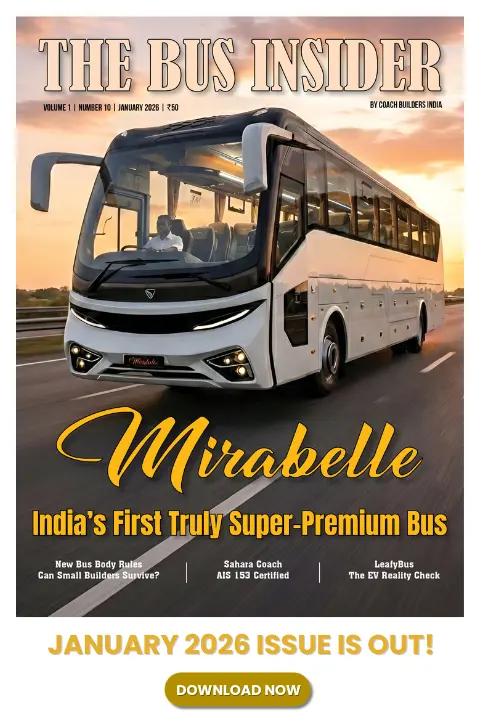PM eBus Sewa Uttar Pradesh: 19 Cities to Get 1800 eBuses Soon
Under the PM eBus Sewa Uttar Pradesh has been allocated 1,800 buses. Read on to know the 19 cities that these buses will be deployed in.
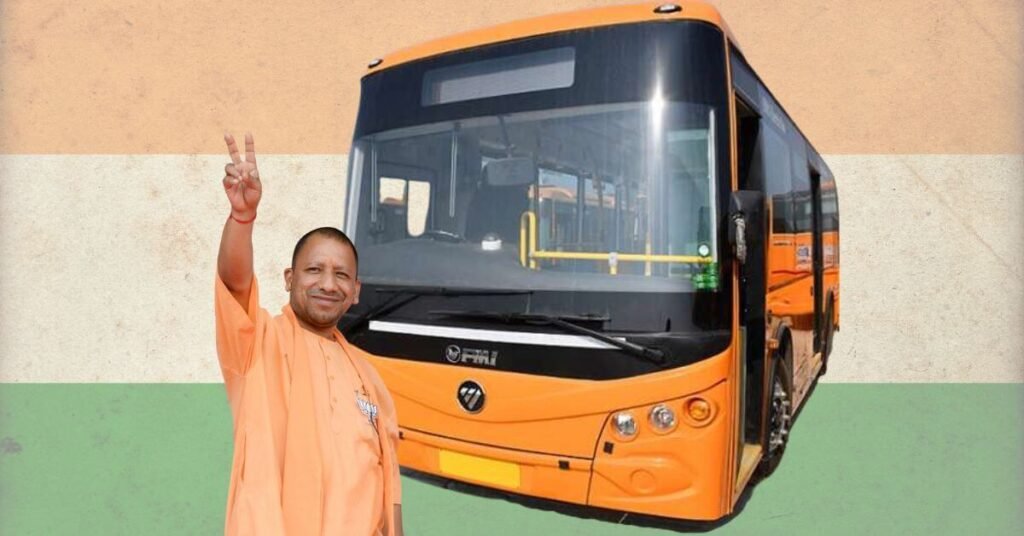
In a groundbreaking move towards sustainable public transportation, Uttar Pradesh is set to witness a substantial expansion of its electric bus fleet.
Under PM eBus Sewa Uttar Pradesh is set to receive 1,800 electric buses across 19 cities including 17 municipal corporations.
This initiative represents a significant stride towards promoting clean and eco-friendly modes of transportation across the state.
This move is part of the PM eBus Sewa scheme, aimed at providing improved transportation options for the public in Uttar Pradesh.
PM eBus Sewa Uttar Pradesh Cities
The distribution plan for the electric buses in Uttar Pradesh is meticulously designed to maximize their impact across key cities.
This thoughtful allocation aims to reduce pollution and endorse environmentally friendly transportation options, ultimately improving the quality of life for the residents of Uttar Pradesh.
According to the proposal, the distribution of electric buses under PM eBus Sewa in Uttar Pradesh will be as follows:
- Major Urban Centers: 150 e-Buses for Lucknow, Kanpur, and Ghaziabad.
- Extending the Reach: 100 e-Buses each for Agra, Jhansi, Varanasi, Meerut, Prayagraj, Bareilly, Aligarh, Moradabad, Gorakhpur, Firozabad, and Gautam Buddha Nagar.
- Nurturing Smaller Cities: 50 e-Buses designated for Ayodhya, Shahjahanpur, Mathura, Rampur, and Saharanpur.
According to officials, the Urban Development Department of Uttar Pradesh is currently preparing the proposal.
Once it receives approval at the higher level, it will be forwarded to the Central Government.
The Uttar Pradesh State Road Transport Corporation (UPSRTC) plays a pivotal role in this endeavor.
The UPSRTC is expected to absorb a fair share of these electric buses in the initial phase, setting an example for other state-run transport corporations.
Uttar Pradesh is Fast Shaping Up as an Electric Vehicle Hub
The drive towards electric mobility is gaining momentum not only at the central level but also in states across the country.
Significant subsidies provided under the FAME scheme for both manufacturers and buyers of electric vehicles (EVs) are further propelling the transition towards cleaner transportation options.
Union Minister Nitin Gadkari’s prediction that Uttar Pradesh will emerge as the fastest electric vehicle-adopting state in India underscores the tremendous potential for eco-friendly transportation solutions in the state.
Cities such as Kanpur, Lucknow, Noida, Ghaziabad, and Meerut are emerging as key manufacturing hubs for electric vehicles and lithium-ion batteries, reinforcing Uttar Pradesh’s commitment to sustainable transportation.
Furthermore, Uttar Pradesh is poised to establish manufacturing centers for flex hybrid vehicles, highlighting the state’s foresight in embracing cutting-edge technology.
What is a Flex Hybrid Vehicle in Simple Terms?
A flex hybrid vehicle can use different fuels like petrol or ethanol, and it can also run on battery power to cut emissions.
Toyota Kirloskar Motor (TKM) made the world’s first BS6 electrified flex fuel vehicle based on the Toyota Innova Hycross strong hybrid.
The Corolla Altis FFV-SHEV by Toyota can use both flex-fuel and electricity. It’s efficient because it can switch to electric mode, even while the engine is off.
This car can run on petrol with anywhere from 20% to 100% ethanol blending.
The government is encouraging car manufacturers to produce Flex Fuel Strong Hybrid Electric Vehicles (FFSHEV).
This move is driven by the government’s urgency to reduce the reliance on oil imports and promote alternative fuels like ethanol, hydrogen, and electricity.
As the adoption of electric buses gains traction in India, Uttar Pradesh’s efforts align seamlessly with the broader vision of transitioning to cleaner and more sustainable transportation options.
Catch the latest Bus Industry updates, Exclusive Interviews, Bus News, and International Bus News on Coach Builders India. Download the latest issue of the The Bus Insider magazine for more insights.

